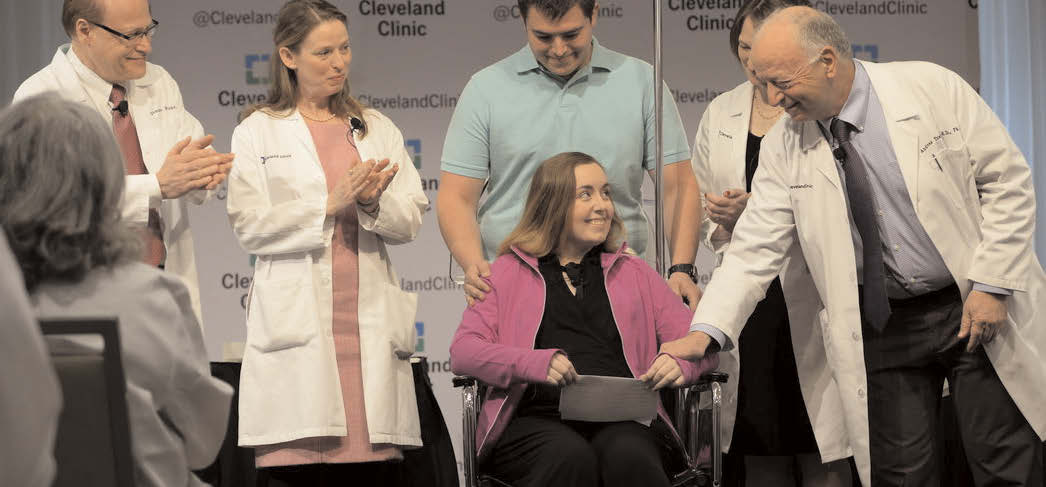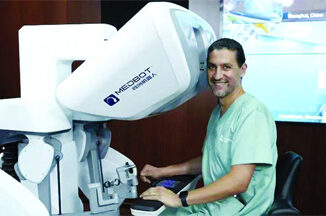
OMAHA (TIP): The first uterus transplant in the United States has failed, and the organ was surgically removed March 8, officials at the Cleveland Clinic said on March 9.
The recipient, a 26-year-old woman, suddenly developed a serious complication on March 8, according to Eileen Sheil, a spokeswoman for the clinic. She did not specify the nature of the problem but said the uterus was being analyzed by pathologists to determine what went wrong.
The transplant, which used a uterus from woman in her 30s who had died suddenly, was performed on February 24. It was the first of 10 uterine transplants planned by the clinic, in an experimental program meant to enable women without a uterus to become pregnant and give birth. In a statement released on Wednesday afternoon, the clinic said it would continue that effort.
“The study, which has been planned to include 10 women, is still ongoing with a commitment to the advancement of medical research to provide an additional option for women and their families,” the clinic said.
The failure occurred only a day after the clinic held a news conference to describe what had seemed to be a successful transplant, with remarks from members of the surgical team and a brief appearance by the patient, who asked to be identified only as Lindsey. In an interview after the session, the lead surgeon, Dr Andreas G Tzakis, said that Lindsey had already undergone one biopsy to check for rejection and that there were no signs of it.
In its statement announcing the failure, the clinic said, “While this has been difficult for both the patient and the medical team, Lindsey is doing well and recovering.”
Lindsey, who was born without a uterus, also released a statement.
“I just wanted to take a moment to express my gratitude towards all of my doctors,” she said. “They acted very quickly to ensure my health and safety. Unfortunately I did lose the uterus to complications. However, I am doing okay and appreciate all of your prayers and good thoughts.”
Doctors at the University of Gothenburg in Sweden have performed nine uterus transplants, resulting in five births. Two of the nine transplants failed during the first year after the surgery and had to be removed.
Three other medical centers in the United States are planning to perform uterus transplants on an experimental basis: Baylor University Medical Center at Dallas, Brigham and Women’s Hospital in Boston and the University of Nebraska Medical Center in Omaha.
Dr Alexander Maskin, from the University of Nebraska, called the failure in Cleveland disheartening. He said he knew the surgeons there well and described them as talented and thoughtful. Regarding why a transplant might fail, he said there were several possibilities, including rejection by the patient’s immune system, infection or a problem with the veins and arteries that were connected to the uterus to provide it with blood flow.
“I figure in the next few days or weeks they’ll figure out what happened,” Maskin said. “I think when the Cleveland team is ready to discuss it with others, I’m sure we’ll share and learn from it. It’s a steep learning curve.” He said that the various medical centers working on uterus transplantation had been sharing information and that the four teams from the United States and 15 from Europe attended a conference about the procedure in January in Gothenburg, sponsored by the Swedish team.
“We’re still moving forward,” Maskin said. “Sweden had such a positive experience, we hope it will translate to future positive experiences.”





Be the first to comment